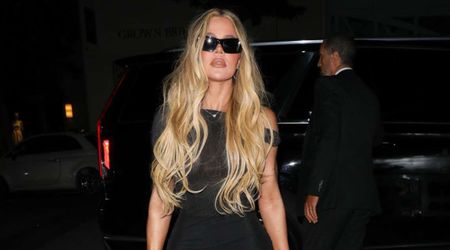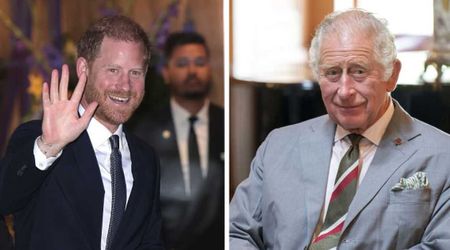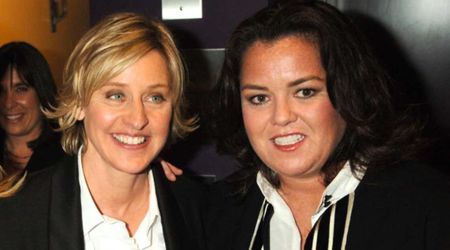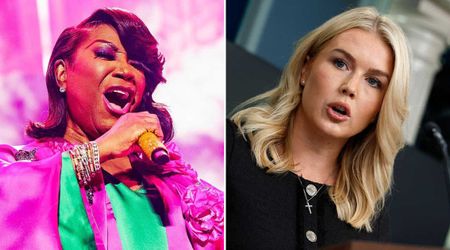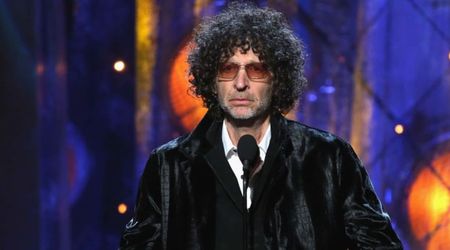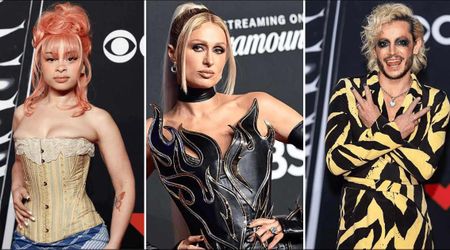'Dune: Part Two': 5 ways Zendaya and Timothee Chalamet-starrer strays from the book
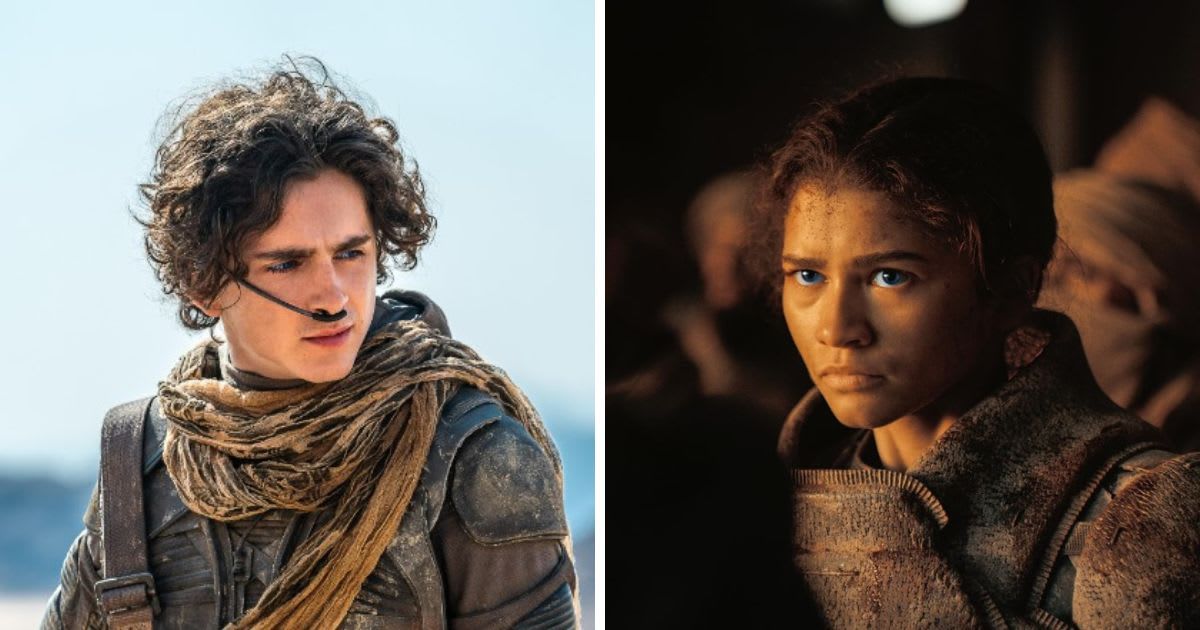
5 ways how 'Dune: Part Two' differs from Frank Herbert's book

The wait is finally over as 'Dune: Part Two' has hit the theaters. While the second installment of the latest screen adaptation of Frank Herbert's novel of the same name follows the book closely, there are five ways in which the Timothee Chalamet and Zendaya-starrer science fiction differs from the book.
1. Chani's journey

The 'Dune: Part One' closely followed Herbert's vision when it came to Chani - the character portrayed by Zendaya. Though the book portrays Chani unquestionably loyal to Chalamet's Paul - even supporting him when he marries Princess Irulan's for political gain - the 'Dune: Part Two' made it clear that this Chani won't be the same. The film makes it clear that Chani hates the prophecy of Lisan al Gaib and also goes against the man she loves as he calls for war against the forces of Arrakis.
2. Alia's birth

Lady Jessica and Duke Leto's daughter Alia isn't born in the movie, which is a huge departure from the events of the book. In the original novel, since Jessica takes the Water of Life while pregnant, Alia acquires superhuman powers. Throughout the film, we find Jessica conversing with Alia telepathically. However, in another diversion from the book, Paul sees the vision of an adult Alia (played by Anya Taylor Joy) from the future who warns him of upcoming troubles.
3. Time period gets shortened

As the film depicts Alia not being born, the time period of the movie gets shortened from the original time frame. Even Princess Irulan's diary notes it is the same year, i.e., 10191, marking the deviation from the three-year time frame of the book.
4. Religious conflict leads to divison of North and South Fremen

Unlike the book, the film imparts an ideological divide between the Northerners and the "Southern Fundamentalists". The Southerners are fervent believers in religion and subsequently believe the prophecy of Lisan al-Gaib. However, the Northerners like Chani are more skeptical of Paul's ascendency into the role of 'Messiah' and believes the Fremen can free themselves.
5. The conclusion

The film's conclusion too deviates from the book. Because of Alia's absence, Paul is the one who kills Baron Harkonnen - brutally. The new take on the conclusion, nevertheless, remains consistent with Herbert's vision, as he intended his book to be a warning for the future against the rise of charismaticatic leaders, per Esquire.

